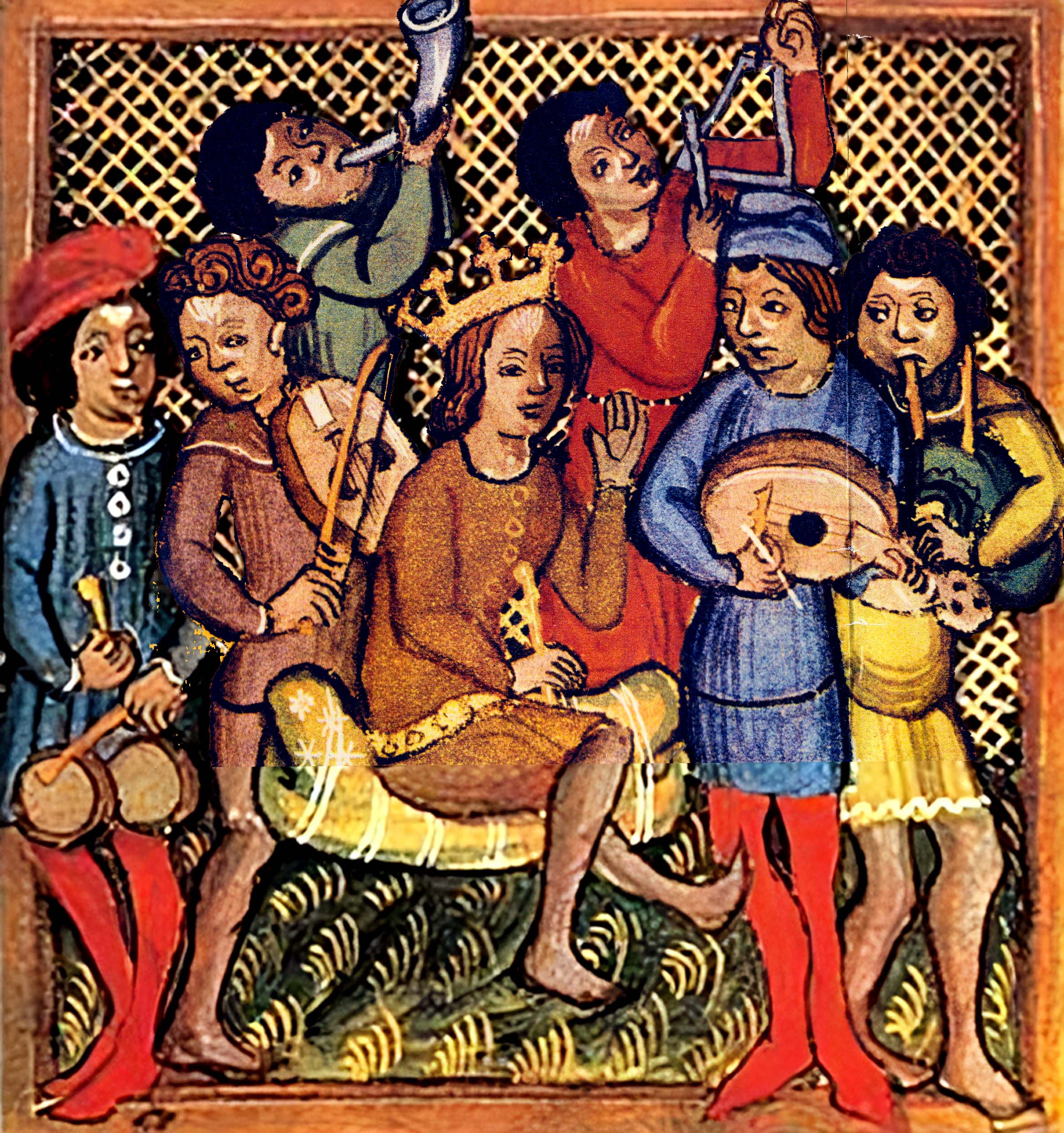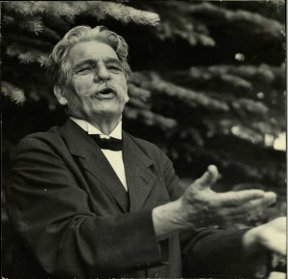UPDATE:
Wayne Coppins has offered some very helpful analysis of the quotation of Jens Schroeter with which this blog post ends. See
"Jens Schroeter on the character of every historical (re)presentation."
I know we've talked a lot about Jens Schroeter on the blog, but I can't help discussing a little more the significance of his
From Jesus to the New Testament. A little bit ago I was working through the Wayne Coppins English translation of the chapter, "On the Historicity of the Gospels" (chapter 6), of course catching little things that I missed in the German since it's not (obviously) my native tongue. At the end of working back through this, I was convinced all the more that history will remember Schroeter for ushering in a new stage of historical Jesus work. Some of this chapter appears in English in his contribution to
Jesus Research: An International Perspective, but the full version is here and much more significant than the shortened version.
Schroeter presents an argument against two objections to the usage of the Gospels as historical sources, which he terms (1) the argument of material discrepancy and (2) the argument of literary fiction. The first asserts that the narrative categories that fill the Gospels emerged only in later Christianity, have no connections to Jesus, and are therefore useless for discussing the life of Jesus. It goes back at least to Strauss but comes into full bloom especially with Bultmann's form criticism. The second argues that, since the Gospels are clearly literary creations, we can assess them only in literary (not historical) terms. This goes back to Wrede but now finds full expression in narrative-critical works that refuse even to entertain the historical question(s).
As Schroeter indicates, especially the first argument led to a privileging of (1) sayings sources and (2) detached units of tradition in historical Jesus research, resulting in the narrative frameworks of the Gospels always being treated with suspicion historically and thus ruled out of historical Jesus questioning. Calling upon Ricoeur and others, Schroeter effectively blows up this entire discussion, bringing to an end not just (in my mind) the so-called Third Quest that was so dependent upon criteria of authenticity that they inherited from the so-called No Quest and New Quest, but all form-critically inspired stages of Jesus research that proceed only upon individual units of tradition detached from the narratives of the Gospels. Schroeter insists, rightly in my opinion, that sayings and isolated traditions alone can never be a starting point for historical Jesus research because the narrativizing of the past is distinctly where the linking of present and past occurs. In other words, only narratives truly allow one to ask historical questions.
He is at pains to point out that their status as narratives does not disqualify them from being historical and, by the same token, their status as historical narratives does not mean that they are necessarily historically-reliable narratives. In short, he insists that Jesus research going forward must consist of "the combination of narrative and history of Jesus" (129n.117), and I think this important insight is something that those who would want to continue using the form-critical criteria of authenticity (see the reviews of
Jesus, Criteria, and the Demise of Authenticity by
Blomberg and Evans [
EQ 85.4: 364-66]) fail to understand. Historical Jesus research must proceed with critically approaching the past by taking account of the sources, including the narratives, that emerged from it. In other words, the starting point for historical Jesus research is the narrativized Gospels, not what historians supposedly recover from them. Furthermore, that this is the starting point in no way implies that it is the ending point of historical-critical research; but it is the starting point. I leave you with a great quotation from the close of Schroeter's essay:
"If, however,
every historical presentation presents a combination of event and narrative, including the kind that is composed under the conditions of the historical-critical consciousness, then a present-day Jesus presentation also cannot simply disregard the narrative representations of the person of Jesus in the Gospels. Instead, it has to orient itself to them and put them together anew under today's conditions of knowledge. The result is not the 'real' Jesus
behind the Gospels. The result is a historical presentation that claims to be plausible under current conditions of knowledge."
 Kregel Publications sent out a mass email earlier that notified recipients of A New Reader's Lexicon of the Greek New Testament. I was intrigued by this because Sakae Kubo's Reader's Greek-English Lexicon was/is one of my favorite Greek tools. I was particularly fond of it in seminary. It looked like the new version was an update. Then I saw my colleague Steve Walton post on its virtues here. Finally, I got my hands on my own copy and I'm happy to recommend it to any readers of the Jesus Blog who are able to read the Greek New Testament. How I've managed to miss this resource since its publication in 2008 is a mystery, and I'm embarrassed, but I'm glad to be late to the party rather than not arrive at all. What's great about it, and different from Kubo, is that it uses the updated (3d ed.) BDAG definitions throughout and, even better, includes computer-generated statistics next to the words that indicates quickly (1) how many times a word appears in the NT book you're reading at the time, (2) how many times it appears in all works traditionally attributed to that author, and (3) how many times it appears in the NT. The stats take NA27/UBS 4 as their baseline Greek text.
Kregel Publications sent out a mass email earlier that notified recipients of A New Reader's Lexicon of the Greek New Testament. I was intrigued by this because Sakae Kubo's Reader's Greek-English Lexicon was/is one of my favorite Greek tools. I was particularly fond of it in seminary. It looked like the new version was an update. Then I saw my colleague Steve Walton post on its virtues here. Finally, I got my hands on my own copy and I'm happy to recommend it to any readers of the Jesus Blog who are able to read the Greek New Testament. How I've managed to miss this resource since its publication in 2008 is a mystery, and I'm embarrassed, but I'm glad to be late to the party rather than not arrive at all. What's great about it, and different from Kubo, is that it uses the updated (3d ed.) BDAG definitions throughout and, even better, includes computer-generated statistics next to the words that indicates quickly (1) how many times a word appears in the NT book you're reading at the time, (2) how many times it appears in all works traditionally attributed to that author, and (3) how many times it appears in the NT. The stats take NA27/UBS 4 as their baseline Greek text.


















